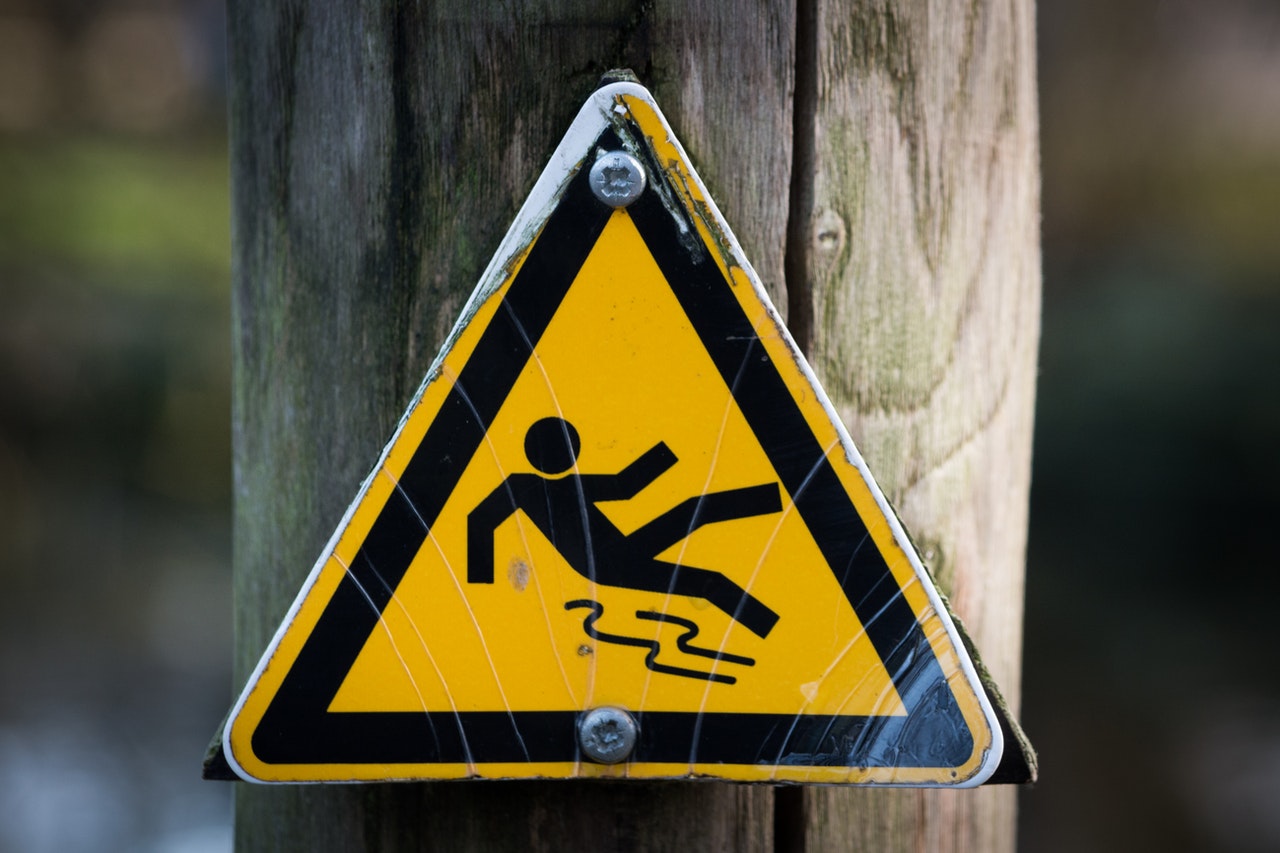Falls and resulting injuries can happen for any number of reasons, including accumulated ice, a water spill on the floor of the local grocery store or a cracked sidewalk. If you or a loved one has been injured in a fall due to these or other conditions, you may be considering legal action against the owner of the premises. Remember that only an experienced personal injury lawyer can properly advise you regarding the merits of your claim.
Private Property
In British Columbia, the principal source of law governing the obligations of those who own or otherwise legally occupy property is the Occupier’s Liability Act, which states that anyone legally in control of any “premises” (including a ship or a stationary airplane or railroad car) has a duty of care to everyone who legally enters the premises to ensure that the person “will be reasonably safe in using the premises”.
Even a trespasser is entitled to the benefit of this duty of reasonable care, unless he enters with the intent to commit a crime or trespasses on agricultural or forested land for recreational purposes.
A landlord who is responsible for maintenance and repair to a rented property owes the duty of reasonable care to his tenant.
Public Property
In the United States and many other western countries, the liability of government entities is limited by the doctrine of “sovereign immunity”, also referred to as “state” immunity. This doctrine bars or significantly limits an injured person’s right to pursue legal action against the government and has its roots in English common law, which granted the king or queen (who was, at least legally, considered infallible) absolute immunity from any criminal prosecution or civil action.
Canada, however, has chosen a narrower approach to state immunity. Consistent with this philosophy, Section 8 of the Occupiers Liability Act expressly states that the Act applies to most premises owned or controlled by the Crown or any lesser governmental entity.
Exceptions apply when the premises in question are a public highway or road (other than a recreational trail), a road under the Forest Act, most private and industrial roads and any “resource road”, defined as any road that is on Crown land and is used or intended for use by motor vehicles. Also, the duty owed by a “limited liability entity” (the government or a maintainer of a resource road) to a person who enters the resource road is limited to refraining from intentional or reckless misconduct.
What Is “Reasonable Care”?
Whether an occupier exercised reasonable care is determined on a case-by-case basis, considering a number of factors, including:
- Whether the danger was such that the fall was a foreseeable event. Failure to prevent a freak accident that could not reasonably have been anticipated does not violate the duty of reasonable care.
- Whether the occupier followed any applicable standards or procedures. A standard or procedure set by law or accepted industry practice may in effect become the minimum level of care.
- Whether the occupier had in place and followed a regular process (including adequate employee training) for inspecting the premises and identifying hazards.
- How long the hazard existed. The occupier has a reasonable period of time to discover and correct the condition. Proving this element can be challenging when the hazard affects numerous areas controlled by a single defendant, such as ice on many city streets.
British Columbia Slip and Fall Accident Lawyers
If you or a loved one has suffered injuries as the result of a fall on another’s property, the experienced personal injury team at Diamond and Diamond is ready to help. Call our 24/7 injury hotline at 1-800-567-HURT or visit our website to speak to someone now. We offer free consultations and case evaluations. Our team of personal injury lawyers represents clients throughout British Columbia.
FAQ's
What is the Occupier's Liability Act?
The Occupier’s Liability Act is there to ensure that anyone who legally enters a property is kept reasonably safe while on the premises. If a property owner fails to do this, they can be held liable for any injuries suffered by visitors. Surprisingly, in Canada, in certain situations, even a trespasser has the right to expect to be protected from injury.
What are the most common causes of slip and fall accidents?
The most common causes of slip and fall accidents are – objects that are left in the way, spills that have not been mopped up and slippery surfaces, for example, waxed floors. Loose rugs or worn carpets and uneven or cracked surfaces are also a danger. Regardless of what caused the slip and fall, an experienced personal injury lawyer will be able to help you to make a successful claim.
Are all slip and fall accidetns automatically considered as personal injury cases?
Slip and fall accidents are always considered to be personal injury cases if someone has been hurt. In that situation, it is wise to hire an experienced lawyer to help you to file a successful claim. Ideally, you want one that has helped other people who have been involved in a similar accident.
